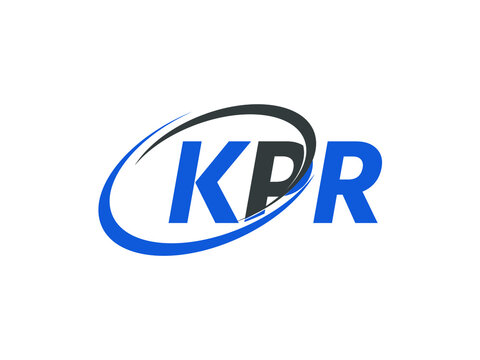Training Seeker Registration

 20,000 ₹
/ Per Month
20,000 ₹
/ Per Month
 Textile Knitting
Textile Knitting
 09/09/2024
09/09/2024
 Closes:
06/18/2025
Closes:
06/18/2025
Key Components of Textile Knitting Training:
Knitting Techniques:
Hand Knitting: Basic to advanced hand knitting techniques, including different stitches (such as knit, purl, ribbing) and patterns.
Machine Knitting: Training on both domestic and industrial knitting machines, understanding how to set up, operate, and troubleshoot machines.
Types of Knitting Machines:
Circular Knitting Machines: Used to produce tubular fabrics, commonly used for t-shirts, hosiery, and seamless garments.
Flatbed Knitting Machines: Produce flat fabrics and are used for garments like sweaters, scarves, and more.
Warp Knitting Machines: Used for industrial textiles and technical fabrics.
Textile Materials:
Understanding different types of yarns, fibers, and materials used in knitting, such as cotton, wool, polyester, nylon, and specialty fibers like elastane.
Learning how the choice of material affects the texture, elasticity, and durability of the final fabric.
Fabric Design:
Developing design patterns for knitwear, including color patterns, textures, and fabric structures (e.g., jacquard, interlock, rib).
Learning to read and create technical knitting diagrams and charts.
Quality Control:
Techniques for checking fabric quality, including assessing stitch consistency, fabric density, and identifying defects.
Understanding industry standards for knitted textiles.
Computer-Aided Design (CAD) for Knitting:
Many advanced knitting processes are automated, and CAD software is used to create complex designs for machine knitting.
Training includes learning to use CAD tools for designing knitwear and programming knitting machines.
Knitting Industry Overview:
Understanding different sectors within the knitting industry, such as fashion, sportswear, home textiles, and industrial applications.
Knowledge of industry trends, sustainability, and eco-friendly practices in textile knitting.
Troubleshooting and Maintenance:
Learning to identify and solve common issues with knitting machines and production processes, such as yarn breakage, stitch errors, and machine calibration.
Practical Hands-On Training:
Most programs offer hands-on experience with both manual and machine knitting, allowing trainees to produce knit samples and develop practical skills.
Who Can Benefit from Knitting Training?
Individuals interested in fashion design or textile arts.
Professionals looking to work in the textile or garment manufacturing industry.
Entrepreneurs interested in starting their own knitwear brand or textile business.
Technicians specializing in maintaining and operating knitting machines.
Courses and Certifications
There are various vocational courses, diplomas, and specialized certifications offered by textile institutions, universities, and industry associations. Training programs can be short-term, lasting a few weeks to months, or more comprehensive programs that last a year or more.
Career Opportunities
Knitwear Designer
Textile Technologist
Machine Operator
Production Supervisor
Quality Control Inspector
Technical Sales Representative (for textile machinery and materials)
Textile knitting training equips individuals with the technical and creative skills needed to work in a wide range of textile industries, from fashion to technical textiles.
